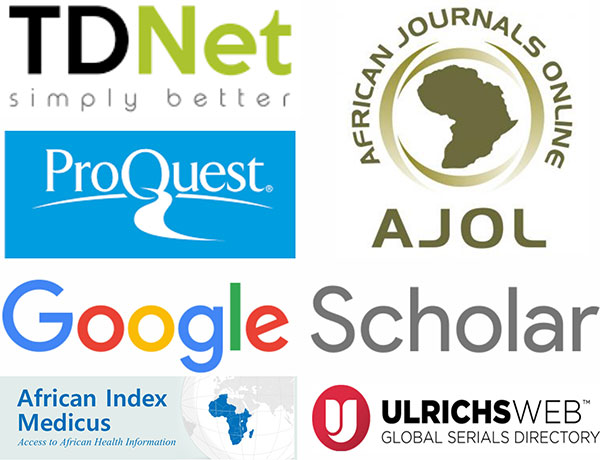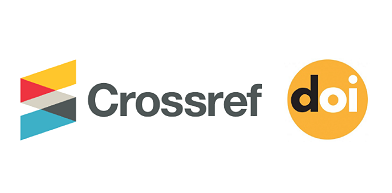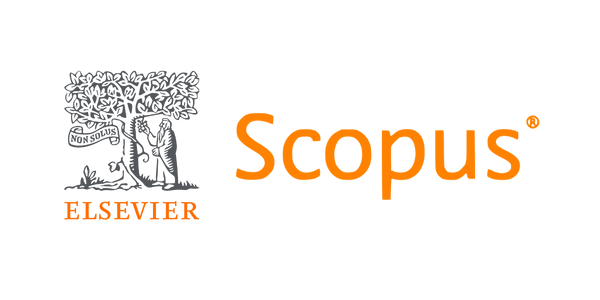Exploring patient-centered barriers to hemophilia care in Southern Nigeria: Study Protocol
DOI:
https://doi.org/10.61386/imj.v18i1.595Keywords:
Hematologic Diseases, Needs Assessment, Hemophilia, Focus Groups, Nigeria, validity and reliabilityAbstract
Background: Hemophilia is a rare, inherited bleeding disorder which affects about three out of every one million Nigerians. Evidence shows that most PLwH in Nigeria do not know enough about the condition and face some barriers. The goal of this paper is to describe the study protocol used to develop and validate tools that would explore the barriers and knowledge gaps related to hemophilia, as a part of a larger needs assessment study.
Methods: This exploratory mixed methods study used surveys and focus group discussions (FGD). Participants included PLwH/caregivers (i.e. PLwH) and healthcare professionals (HCP) in southern Nigeria. Study instruments were tested for validity and reliability by a purposive sample of target participants. Quantitative data was analyzed using descriptive and inferential, while thematic analysis was used for qualitative data.
Results: Thirty-seven individuals participated in the pre-testing of both survey tools (HCP – 18; PLwH – 19). For the PLwH, their average age was 37±19 years and had been associated with hemophilia for about 10 years (IQR: 2,12). Whereas the average years in practice for the HCPs was 13±6 years and had encountered about 20 patients (IQR: 6, 32) with hematologic disorders in the previous month. A Cronbach's alpha of 0.92 (PLwH Survey) and 0.91 (HCP survey) was obtained for the surveys, indicating excellent internal consistency. FCD revealed concerns about the introduction of the surveys, their length, and time required to complete the questions. The surveys were revised as needed.
Conclusion: The tools developed to evaluate barriers and knowledge about hemophilia by PLwH and HCPs were valid, appropriate and reliable. It is important therefore to deploy the instrument on a larger scale with the expectation that findings from that study would be valid, reliable and useful in planning future interventions regarding hemophilia.
Published
License
Copyright (c) 2025 Eguzo K, Ekwere T, Kirikareye B, Okoye H, Egharevba P, Oluoha C

This work is licensed under a Creative Commons Attribution 4.0 International License.










